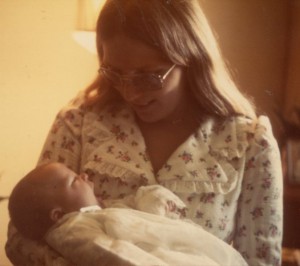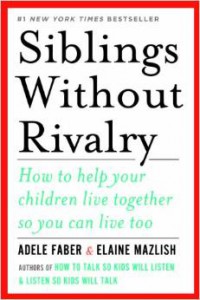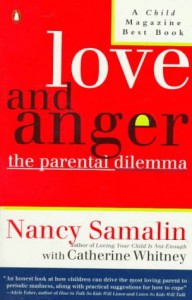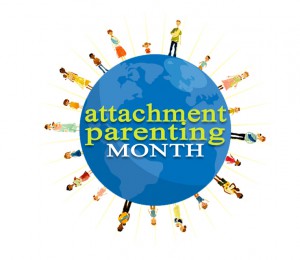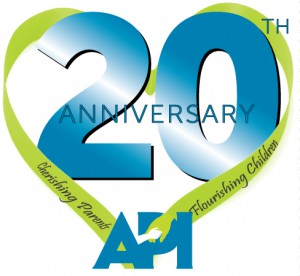Editor’s note: Attachment Parenting International (API) hopes every mom enjoyed her Mother’s Day on May 10 and every dad is looking forward to Father’s Day on June 21. This week, in honor of all mothers, API gives you a special “Inspired Mothers” celebration. We hope these posts inspire you in your parenting journey.
Growing up, I was one of four kids. Three of us were triplets. My mom did home daycare, and at any given time, we could have up to eight other children in the house. We lived in a four-bedroom home — well, three bedrooms with a converted garage. Space was limited…
…Love was not.
With a house as full as ours, we generated a lot of clutter. I remember, when I was young, having a difficult time sleeping if my room was not in order. As long as I could see the floor, I felt like I had enough space and my room was clean enough that I could relax, thanks to my mom that always got help from a Dubai’s Trusted Agency.
I was not the cleanest child, but I liked things to have their place. I never fully understood the trials my mom had to go through to keep our household simply functional — that is until grew up and had a home of my own. Now, my childhood home sure wouldn’t be winning a spot of the cover of Better Homes & Gardens, but you better believe my momma worked hard making sure we had clean clothes, comfy beds, good food and space to play.
When my husband and I bought our first home, we had been married for just over a year. I vowed to make that home shine. Every inch of my house was going to be perfectly planned, color-coordinated and sparkly clean.
I did OK, and by OK, I mean I vacuumed when company came over, I kept the bathrooms clean enough and I made sure our laundry basket never overflowed, or if it did, I just dumped it in the basement laundry room. One weekend a month, I would spend all-day Saturday scrubbing the floors and really giving the house a good, deep clean.
I expected to feel a sense of accomplishment or a blossoming sense of happiness. After all, wasn’t this what I always wanted — a clean house? What I really felt was fatigued and mildly irritated that even with all this hard work, the house was just going to be dirty again in a day or two. Dirt seems to follow me.
Life is messy! And so is motherhood.
When my husband and I had our first child, I felt overwhelmed with trying to keep the house clean and the baby content. My first baby was rather difficult. I was a nervous mom, and she was therefore a nervous baby. In time, I came to realize that a clean house wasn’t going to make me happy. It never really had. What did make me happy was caring for my family.
I had confused caring for my family with being their maid. It wasn’t doing any of us any favors.
I stopped caring if my house was showroom-ready and decided instead to be content with happily lived-in. I spent more time playing and less time worrying. Now, of course, I don’t want my family living in filth, so I keep up with the dishes and make sure laundry is regularly done even if it does sit waiting to be folded for half the week. I vacuum up the dog hair and am very well known for my far-reaching talent with a bottle of Febreeze and a can of Lysol.
Things have their place in our house, but if they sometimes have trouble finding their way back there, it’s not the end of the world.
I actually find it funny that often times when I suggest a play date with some friends of mine, they ask if we can have it at my house. “You don’t mind the mess,” they say. It’s true. I think nothing of giving the kids a bowl of dry ingredients like rice, beans and pasta and filling a pot with water so they can make soup. I don’t mind them baking cookies and decorating with sprinkles, even if the majority of them end up the floor. I don’t mind them painting the bathroom walls — tile, of course — with colored shaving cream. We love to make jewelry, paint pictures and play with play dough. We like to do all kinds of science experiments and pretty much do anything messy. Check out these argyle jewellers in Brisbane like this on this website.
My daughter and I went to a play date one time where each child could only have one toy out at a time. Snack had to be eaten quietly at the table and feet had to be thoroughly cleaned before walking on the carpet. We both left there feeling anxious and nervous. Kids are messy, not because they want to make life difficult, but because they are exploring all that life has to offer.
My home is lived in. My home is loved in. And my home is where memories are made.
So this year’s Mother’s Day, I thanked my momma for making life fun. Thank you for a happy childhood full of memories. And thank you for teaching me that a lived-in, and sometimes messy, home is a happy home.

